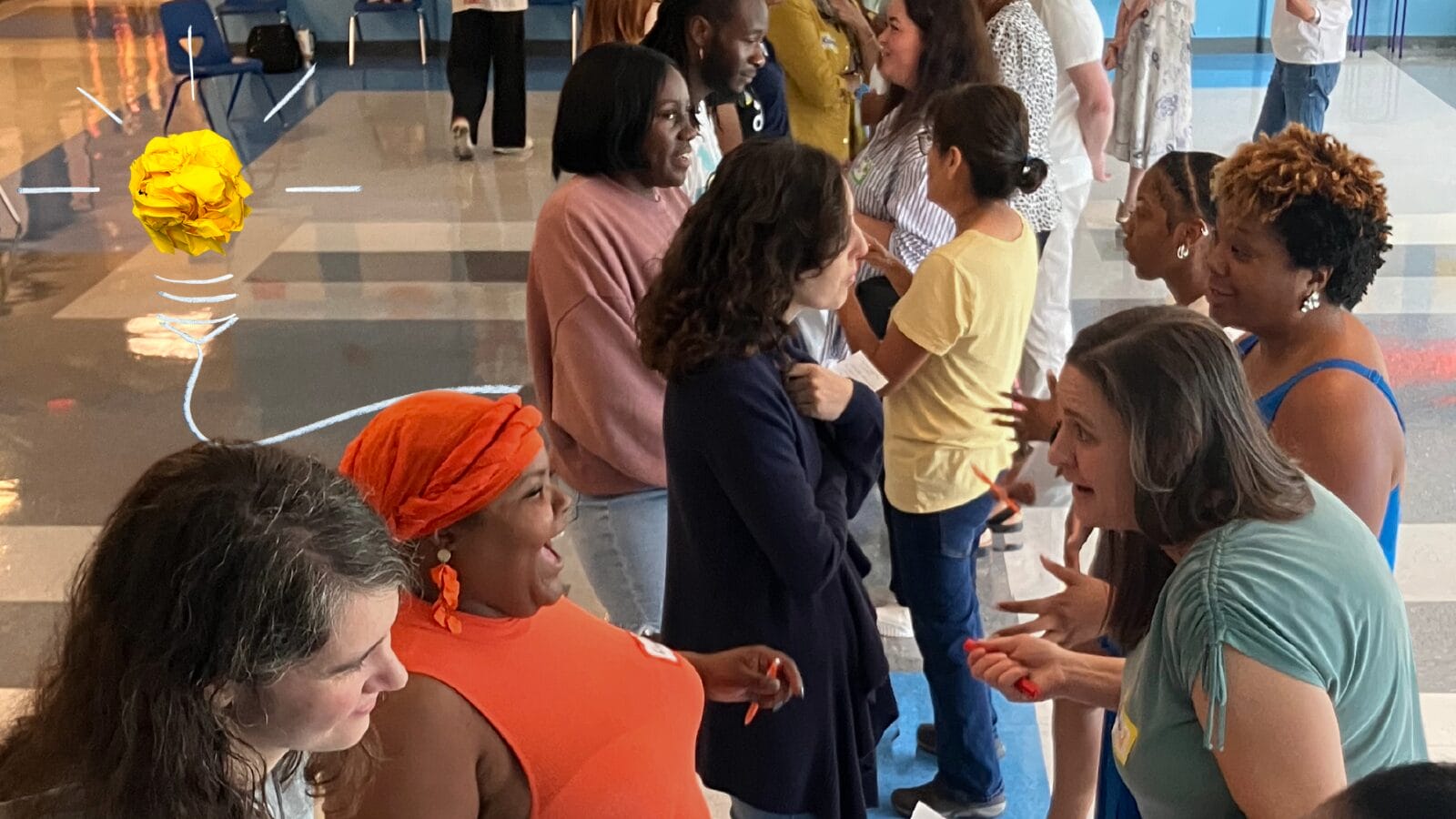
January 13, 2025
By Aleta Margolis, Founder and President
Listen to this week’s Hooray For Monday podcast for the audio version of this issue.
Author Leah Hager Cohen, in her gorgeous book To and Fro, writes about a teacher who describes two orders of questions: “questions of curiosity,” which he defines as real questions, and “questions of agenda.” (Fro, p. 98.)
Questions of agenda surface because human beings want to know what’s expected of us. We want to be prepared for what’s coming next. We want to make sure we’ve checked all of life’s boxes, or at least the boxes that surface for us each as we navigate each day. And that’s fine. It’s a necessary thing to do.
Questions of curiosity, on the other hand, surface when our desire to know something bubbles up inside of us and finds its way — through our voices or pencils or keyboards — to the outside.
In too many classrooms, questions of agenda form the bulk of each day’s exchanges. Too often we structure our schools and classrooms and curricula to emphasize what needs to be done, when it needs to be accomplished, how many points each thing is worth, and where to store our pencils when we’re done for the day.
This is a bad idea.

It offers the impression of achievement, accomplishment, progress. But in fact, a school experience built on questions of agenda relegates learning to the very surface, neatly preventing us – our students and ourselves as teachers – from diving below the surface to explore topics, facts, issues, ideas, or problems at any meaningful depth.
Why the sum of two odd numbers is always an even number is far less relevant in most schools than the fact that two odds equal an even. How the United States’ involvement in World War II, Vietnam, or Afghanistan impacts our communities today is far less likely to be examined than the fact that the US entered these wars.
Too often we teachers are expected to spend our time presenting facts to students, instead of examining facts with students.
Facts have an important place in learning. Facts can be inspiring. (Check out The Atlantic’s 77 Facts That Blew Our Minds in 2024 for a huge dose of fact-based inspiration.)
The question is (look out…here comes a question of curiosity): Should we be spending our time in school presenting facts to children, or examining facts with them?

Both types of questions — questions of agenda and questions of curiosity — have their place in school. But wouldn’t you rather have your students spend the bulk of their time in school crafting, asking, and exploring questions of curiosity than skimming the surface with questions of agenda?
If you find yourself responding with, “Sure! But how…?” We have good news for you!
I believe – and research shows – that nurturing curiosity is the antidote to disengaged and unenthusiastic students. And so, Inspired Teaching is dedicated to making Curiosity the Word of the Year in 2025; our Curiosity Campaign officially kicks off on January 21 with a week of daily Curiosity Challenges, and will continue throughout the year with exclusive interviews, resources, tools, and strategies. Joining the Campaign is your opportunity – as a learner, as a teacher, as a human – to stretch beyond what you already know, and to help those around you do the same.
For additional insights, resources, and information on Inspired Teaching teacher and youth programming, subscribe to the Hooray For Monday newsletter!
Hooray For Monday is an award-winning weekly publication of Center for Inspired Teaching, a social change nonprofit organization that champions the power of curiosity and is dedicated to transforming the school experience from compliance-based to engagement-based. Inspired Teaching provides transformative, improvisation-based professional learning for teachers that is 100% engaging – intellectually, emotionally, and physically.

